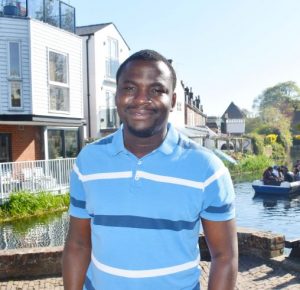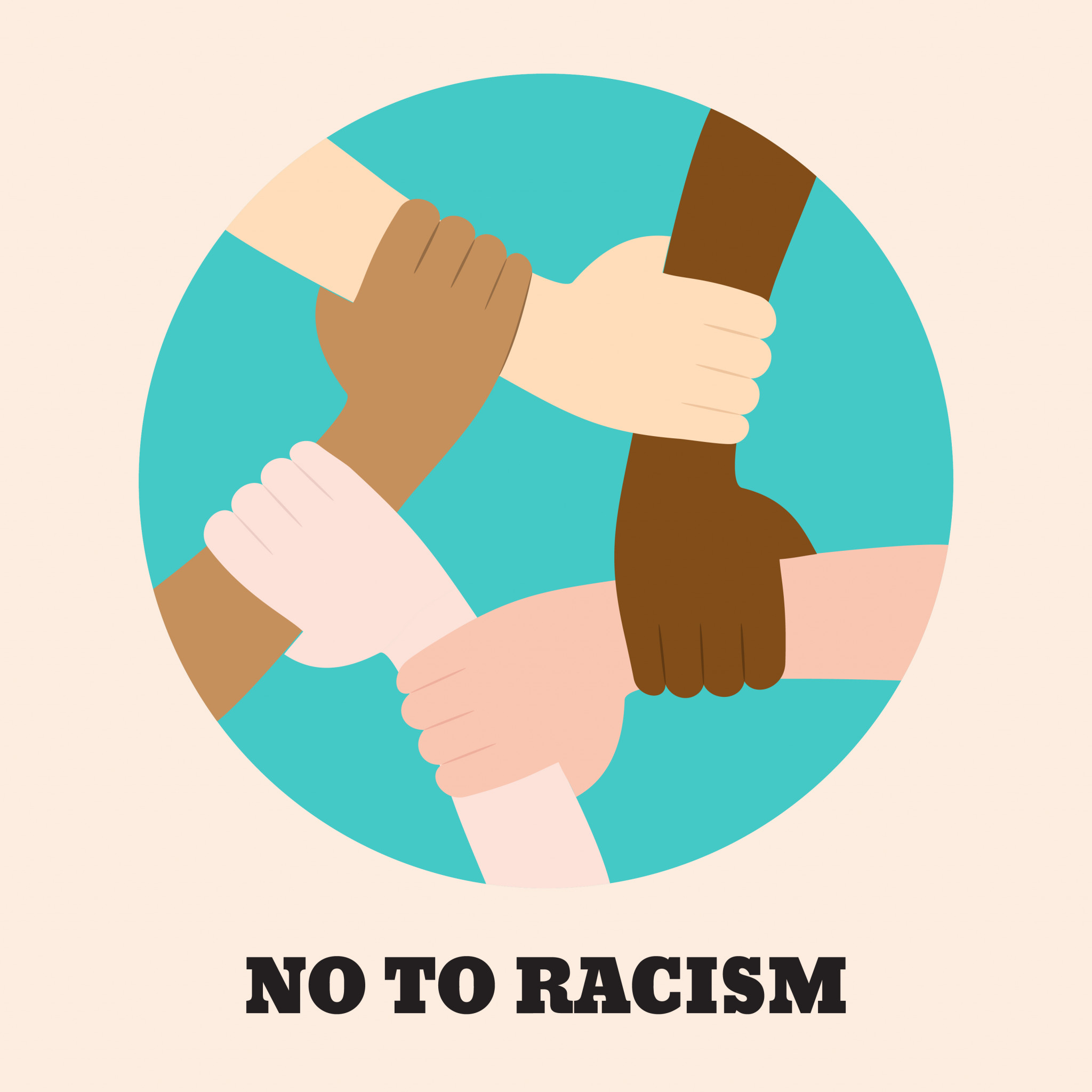Kehinde Abolarin, Doctoral Candidate at CCCU, reflects on the power of institutions to shape our perceptions of others.
“No one is born hating another person because of the colour of his skin, or his background, or his religion. People must have learned to hate, and if they can learn to hate, they can be taught to love, for love comes more naturally to the human heart than its opposite.”
Nelson Mandela
Racism is never a genetic concept but a perception or idea that is learned. Many anthropologists and geneticists affirm that race is not a true biological construct (Smedley and Smedley, 2005), but a clear social and political theory, capable of predicting human behaviour (Zárate, 2009). Zárate further maintained that ‘Many of the world’s problems are human made, including racism’. Racial inequality may not always be explicit, yet it exists in our societies. Racism could sometimes appear to be an unconscious attitude of the mind and yet, play out as a planned course of action. There is no direct response to this pandemic, such as COVID-19, which makes it a challenge to analyse.
Firstly, culture is the foundation on which institutions are built (family, schools, and government). In other words, beliefs originate from our background, and as Mandela noted: no individual is naturally infused with hatred; instead, it is what they were explicitly or implicitly taught. Interestingly, history plays a crucial part in this discourse. For example, the way the history of the slave trade is taught in schools and universities has impacted how both races (white and black) perceive each other. Similarly, the idea of power relations, where the whites claim supremacy, and see the blacks as inferior, is now triggering a reaction from ethnic minority groups resulting in the pulling down of the statue of renown slave-trader Edward Colston in Bristol, among others.
Secondly, despite government’s efforts at tackling diversity and inclusivity issues, some individuals and institutions fail to acknowledge that Black people have equal rights and capability to function in every sector, including education, government cabinets, sport, etc. For example, some analysts in the United Kingdom have questioned how the likes of Steven Gerard and Frank Lampard (both white) managed to get top football managerial jobs immediately after retirement, whereas Sol Campbell and Dwight Yorke (blacks), could only get Tier-3 league manager positions. Perhaps, the club owners expect uniformity of colour with the majority group, which trace back to the clubs’ roots in systemic racism.
Racism is not only a matter of brutality as witnessed lately (which may continue, anyway) but it is also at the core of the institutions through which we learn. If people could learn to hate, then these institutions can start to teach love and practise equality.
References
Nelson Mandela. In Ratcliffe, S. (Ed.), Oxford Essential Quotations: Oxford University Press. Available at: https://www.oxfordreference.com/view/10.1093/acref/9780191843730.001.0001/q-oro-ed5-00007046 (Accessed: 16/06/2020)
Smedley, A., & Smedley, B.D. (2005). Race as biology is fiction, racism as a social problem is real: Anthropological and historical perspectives on the social construction of race. The American psychologist, 60 1, 16-26.
Zárate, M. A. (2009). Racism in the 21st century. In T. D. Nelson (Ed.), Handbook of prejudice, stereotyping, and discrimination (p. 387–406). Psychology Press.

Kehinde Abolarin is a PhD student in Politics and IR at CCCU. His dissertation examines Nigerian Foreign Policy
 Politics
Politics Laura Cashman
Laura Cashman 3612
3612


